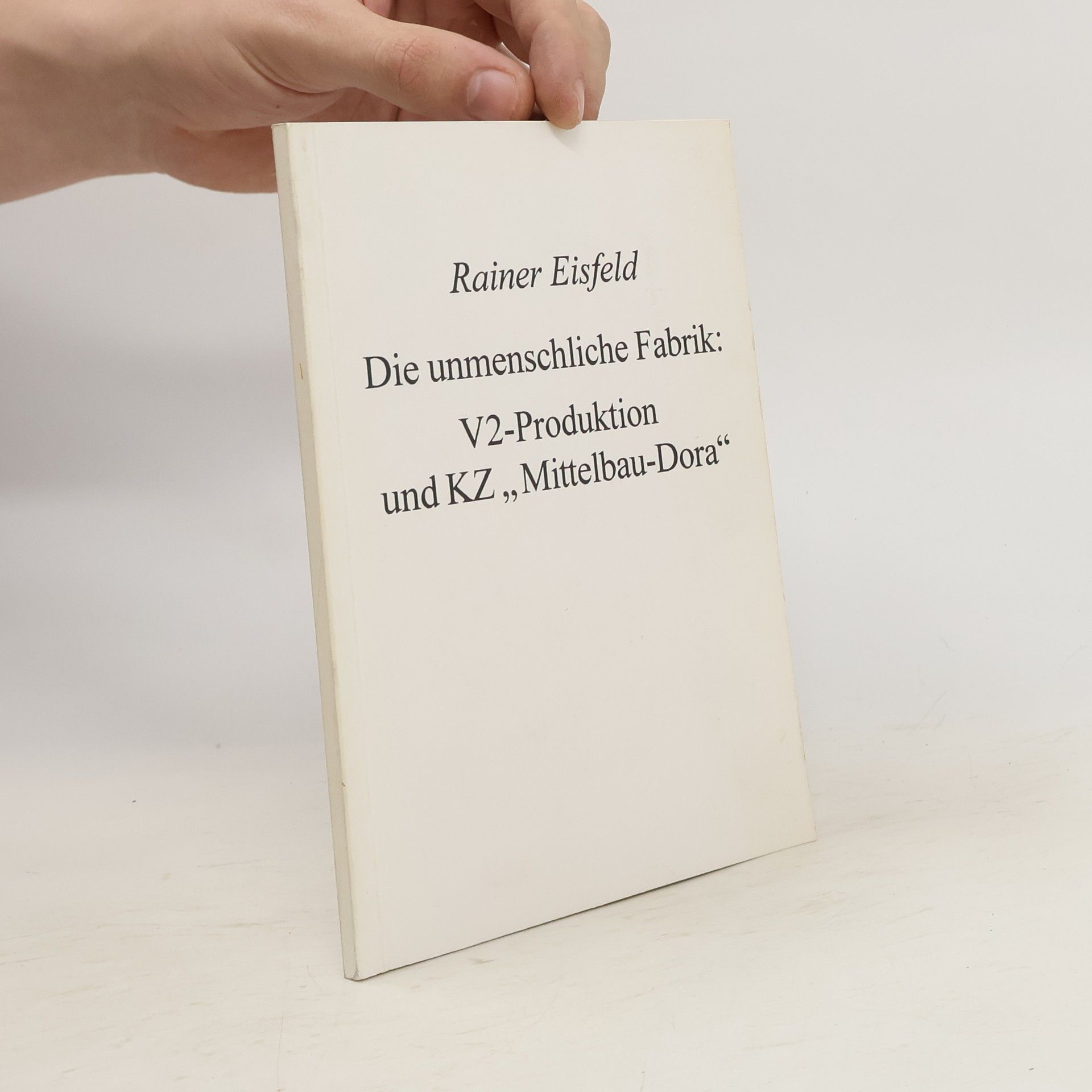Streiten gegen die Erosion der Demokratie
- 276 pages
- 10 hours of reading







1968 haben sich Teile der Politikwissenschaft radikal-reformerisch engagiert. Gestützt auf biographische Erfahrungen sucht der Autor den Grundgedanken dieser Revolte in einem Verständnis von Demokratie, das sich auf die niemals endende Aufgabe der Herstellung demokratischerer Verhältnisse durch radikale Reformen konzentriert - und fordert die Politikwissenschaft zu einer Rückkehr zu diesem Grundgedanken auf
Das Buch thematisiert den aus der Besiedlungs-, vor allem der Cowboy-AEra hergeleiteten Westernmythos in den USA, der uber Generationen hinweg von den popularsten Medien jeder Epoche wiederholt wird.
Anlässlich des 100. Geburtstags von Walter Ernsting, auch bekannt als Clark Darlton, präsentiert Wolfgang Thadewald eine Sammlung von Texten, die von Ulrich Blode zusammengestellt wurden. Die Beiträge umfassen Erinnerungen, Vorworte und Analysen zu Ernstings Einfluss auf die Science-Fiction und seine Hinterlassenschaften.
Arbeitsbuch slowakisch, Pracovný zošit z nemeckého vydavateľstva Hueber obsahuje: * slovnú zásobu ku každej lekcii * výklad gramatiky v slovenčine * cvičenia k jednotlivým gramatickým javom * reálie nemecky hovoriacich krajín v slovenčine * prehľad nepravidelných slovies * kľúč k cvičeniam a register gramatických javov * súhrnný nemecko-slovenský slovníček.
Rainer Eisfeld und Wolfgang Jeschke zeigen in diesem opulent illustrierten Buch, wie die Wissenschaft im Lauf der Zeit die Phantasiewelten aus Literatur und Kino überholt hat - und wie wir immer noch unsere Wunschträume und Schreckensbilder auf den roten Planeten projizieren. - einzigartiges Bildmaterial im Großformat - über 150 atemberaubende Abbildungen - faszinierende Szenarien aus Literatur und Film - überwältigende technische Details der Mars-Mission 2003
Wernher von Braun a zrození kosmických letů ze zvěrstev II. světové války.
Rainer Eisfelds Dokumentation ist erschütternd. Sie verlangt nach einer Neubewertung der «Lichtgestalt» Wernher von Braun und seiner Mitarbeiter während der Zeit des Nationalsozialismus.